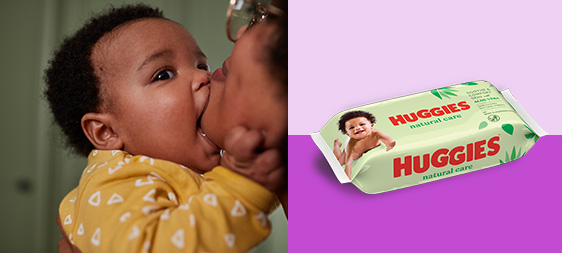The old nursery rhyme: “Sugar and spice and everything nice, ribbons and curls because she’s a girl,” neatly summarises some of the stereotypes associated with little girls.
The truth is, there are many differences in raising girls and boys. They are hardwired differently, both physically and emotionally; so alternate parenting strategies are sometimes needed in order to support their social, emotional and physical development. However, boy-girl differences are not as “hard-wired” as many parents today believe. Yes, there are innate differences, but we should be aware of how they become magnified through our own parenting.
During the crucial early years of raising little girls and boys, there are very few obvious differences between them, apart from the fact that they may wear different clothes. Because of this, it is useful for parents to encourage their little girls to participate in activities that may be seen as cross-gendered. It is a valuable way of encouraging little girls to feel valued as equals in activities that were historically male dominated. Just remember - girls can do anything these days.
Little girls should be encouraged to participate in typically male segregated fields such as kicking a ball or helping with outside tasks. Parents need to work on countering gender stereotypes by ensuring their daughters do not feel limited in terms of what they can achieve and this encouragement needs to start at an early age.
Linda, a mother of 3 children agrees. At every opportunity she encourages her 2 daughters to go outside and kick a ball around with their brother: “It’s so important for them not only to play outside anyway, but also to participate in a wide range of activities. I want my daughters to know they can do anything they set their mind to.”
Little girls typically start to speak sooner than boys and this is a good time to get them to learn to articulate their feelings. It does not have to be complicated. Getting them to recognise “I am sad” or “I am happy” is important in helping them name and understand their feelings. Equally, don’t dismiss those feelings. Acknowledge their sadness and then provide them with an alternative source of distraction: “I know you are sad you can’t have a snack, but we will be having dinner very soon. Now would you like to help me get the spoons?” Typically however, parents are more inclined to support and acknowledge the feelings and emotions of little girls over those of their sons. It is important to validate both equally.
It is also clear that little girls tend to enjoy creative and structured play for longer periods than boys. As well as encouraging them in the usual activities like drawing and colouring, it is useful to encourage them to develop their gross and fine motor skills with a range of activities, from throwing and catching a ball around through to completing little sticky mosaic tasks.
For Linda, a dress-up box and small craft table in the corner of the playroom means her daughters spend many hours happily occupied. It also encourages her young son to join in and they all work together gluing and sticking little creations that take pride of place on the fridge. “I don’t want my kids thinking they can’t do what they enjoy. With dressing up, Tessa often dresses as a fireman and Toby dresses as a ballet dancer. I think that’s great. It’s encouraging their individuality that is important.”
Our parenting efforts may be best directed toward our children’s individual talents and desires, striving to let them become whoever they are. And we can’t overestimate the importance of role models in nurturing this idea. As parents we need to acknowledge the innate differences between raising boys and girls and work towards looking beyond typical gender roles. Instead we need to encourage them to achieve whatever they wish. This support needs to start in the early years to enable girls to see beyond gender lines.



























